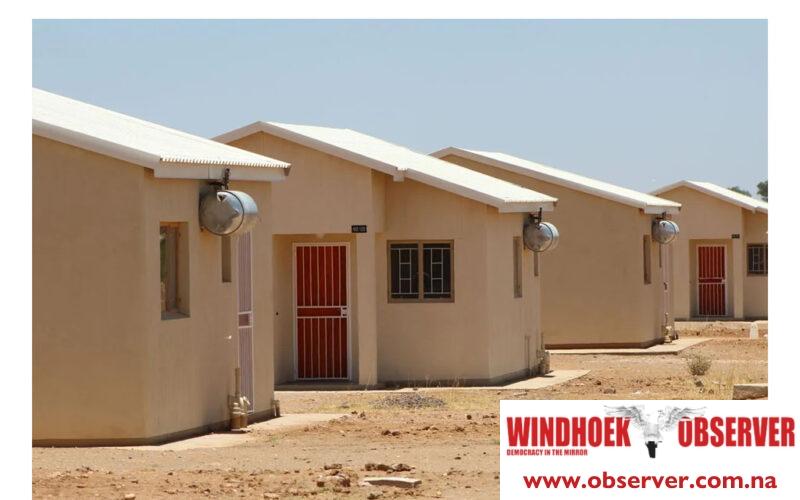CHAMWE KAIRA
The Government Institutions Pension Fund (GIPF) has invested in the servicing of 5 884 plots, built 7 840 housing units, and financed 3 286 house purchases through the First Capital Housing Fund.
These efforts have created 4 052 job opportunities.
According to its 2024 annual report, GIPF’s investments in land and housing aim to address Namibia’s housing shortage and support the Harambee Prosperity Plan (HPP).
Under the HPP’s Delivery of Urban Land, Housing and Sanitation goal, the country plans to build 20,000 new houses and service 26,000 residential plots.
GIPF has committed to take up at least 30% of this target.
“We are currently engaging stakeholders on our pension-backed home loan (PBHL) scheme, a key, short-term value initiative designed to enable members to access a portion of their pension benefits for property acquisition. This scheme aims to provide greater financial flexibility and promote homeownership opportunities. This not only addresses immediate housing needs but also contributes to the broader economic development of Namibia,” said Martin Inkumbi, chief executive officer.
The Pension-Backed Home Loan (PBHL) scheme aims to provide GIPF members with an accessible path to homeownership by using their pension savings as security for loans.
The fund says this approach seeks to address the housing shortage in Namibia and improve the living conditions of GIPF members.
In July 2023, the GIPF indicated its expectation to roll out the PBHL scheme soon, noting that only 30% of its members currently have access to adequate housing.
The scheme is specifically designed to support those who may not qualify for loans from commercial banks to build or upgrade their homes, irrespective of their location.
The fund invested N$21.3 billion into alternative investments globally. These investments are spread across 41 funds with 271 portfolio companies and three fund of funds with a further 71 indirect funds.
“This exposure is broadly diversified across geographies, strategies and enables the fund to execute investment strategies that mitigate any shortcomings with traditional assets for example, addressing the short supply of inflation-linked bonds and overcoming the lack of corporate paper within Namibian bonds. The fund said progress on the listed multi-manager strategy and the development of a portfolio risk management policy have been delayed, with workshops yet to take place,” the fund said.
It said responsible investing practices have been further embedded into the investment process, achieving 85% compliance for unlisted investments.




